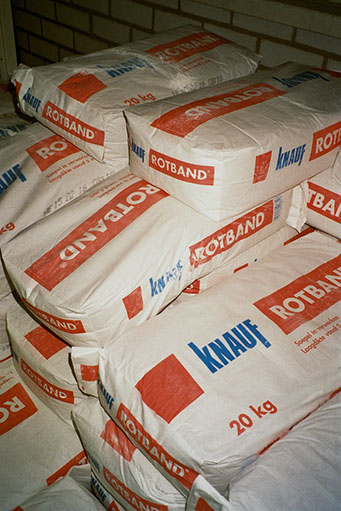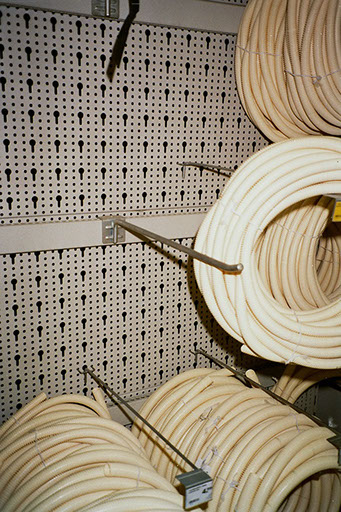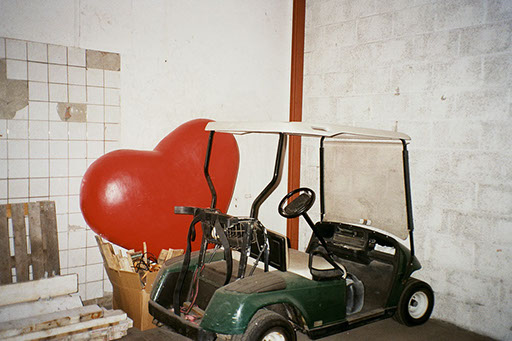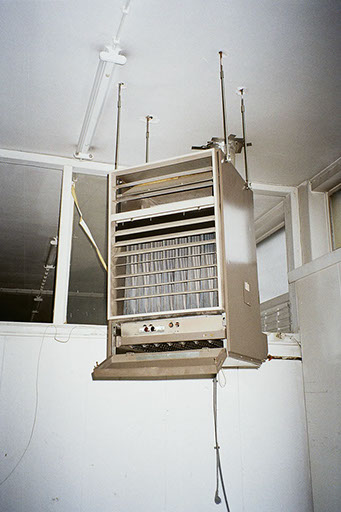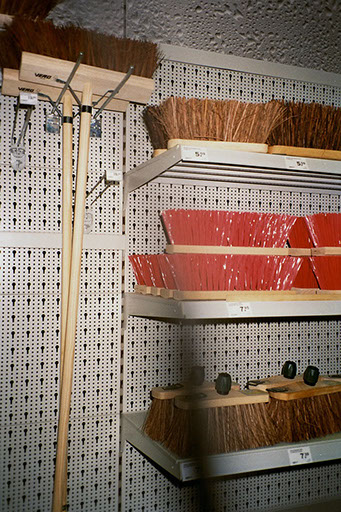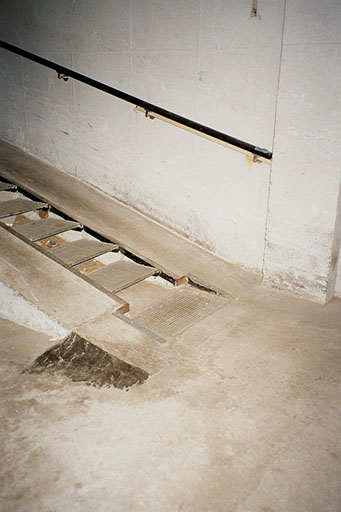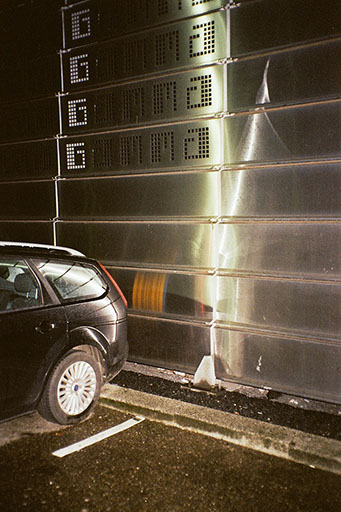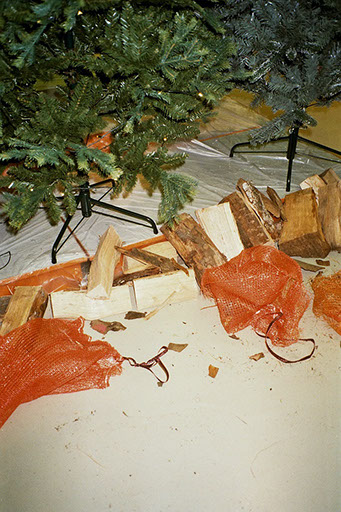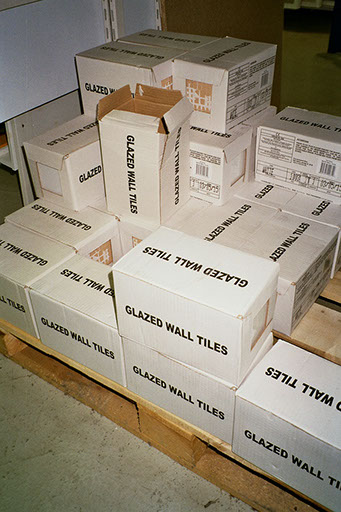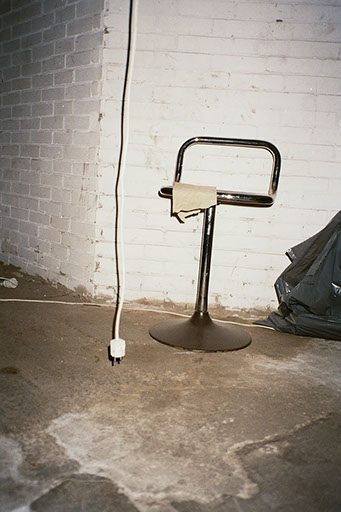Koperslagerstraat 9
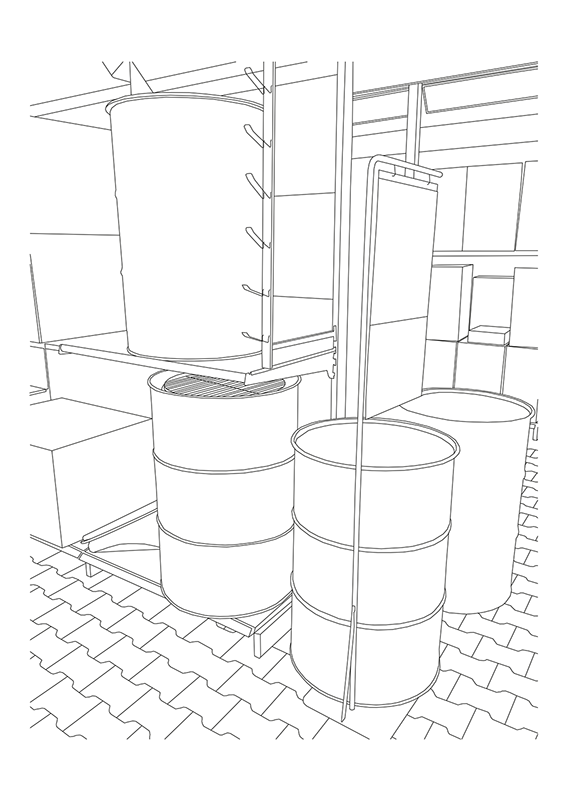
Assemblage
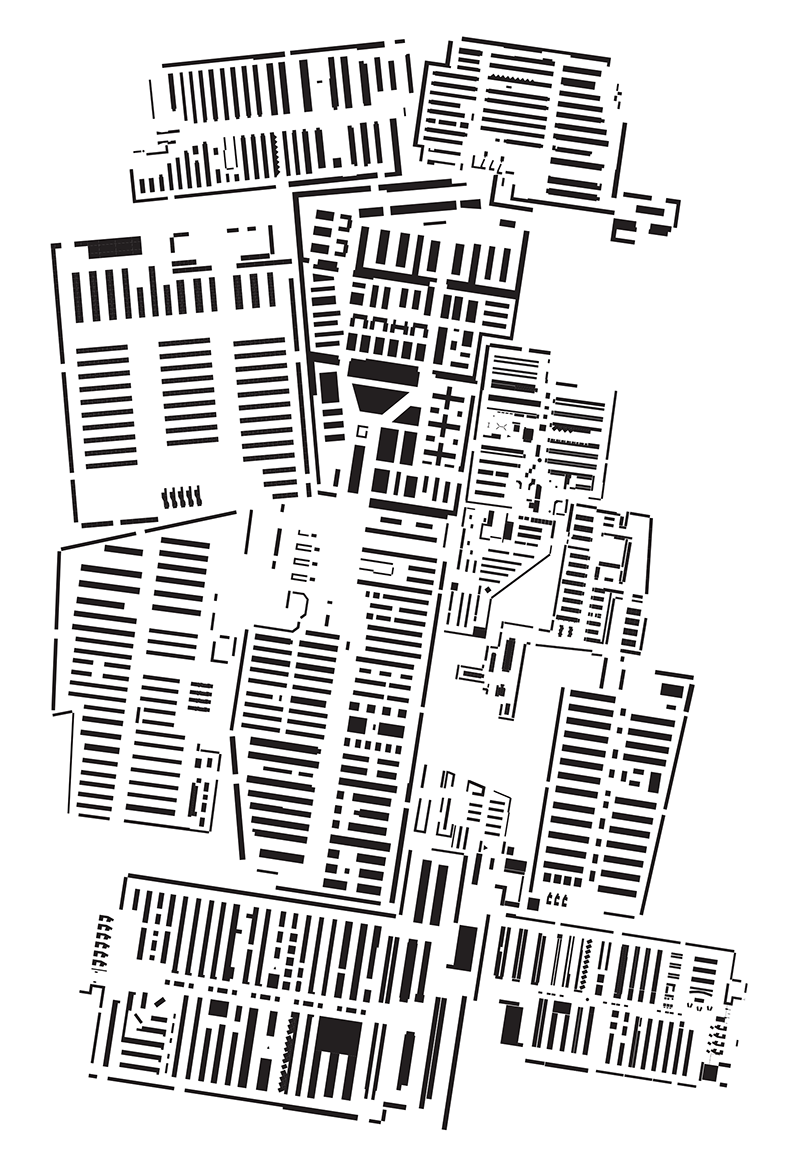
Keileweg 11

Oudedijk 171
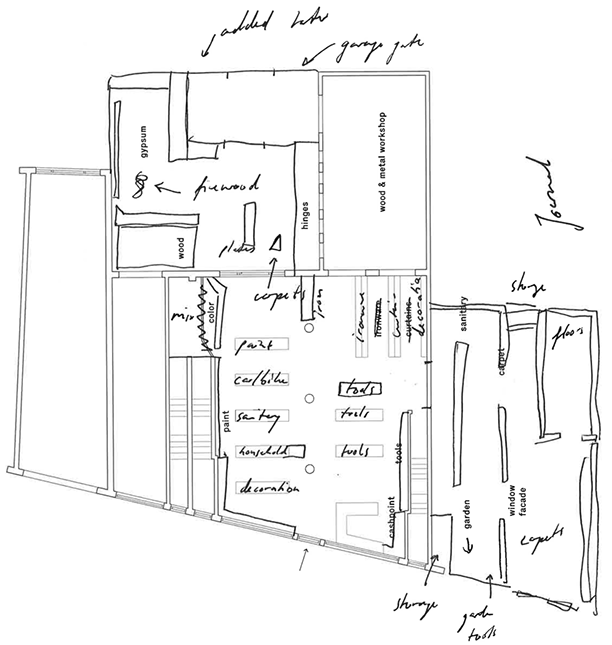
Tolhuislaan 12
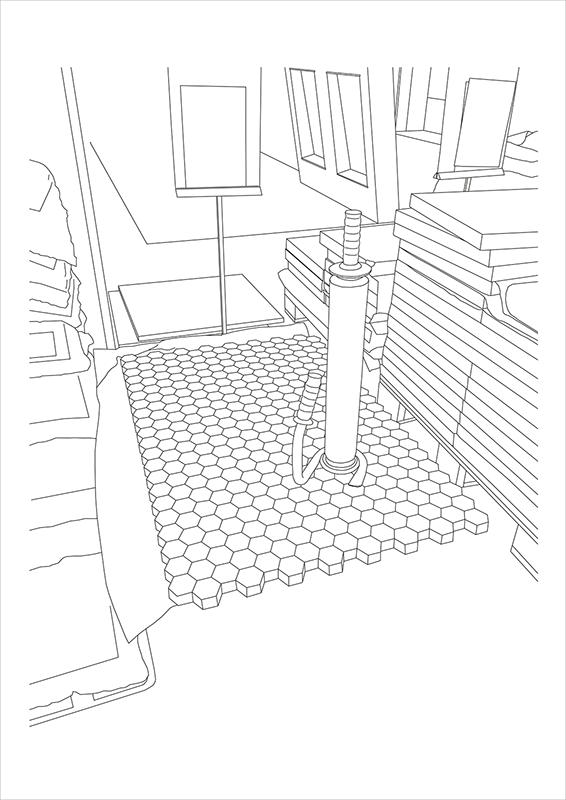
Leeuwenstein 35
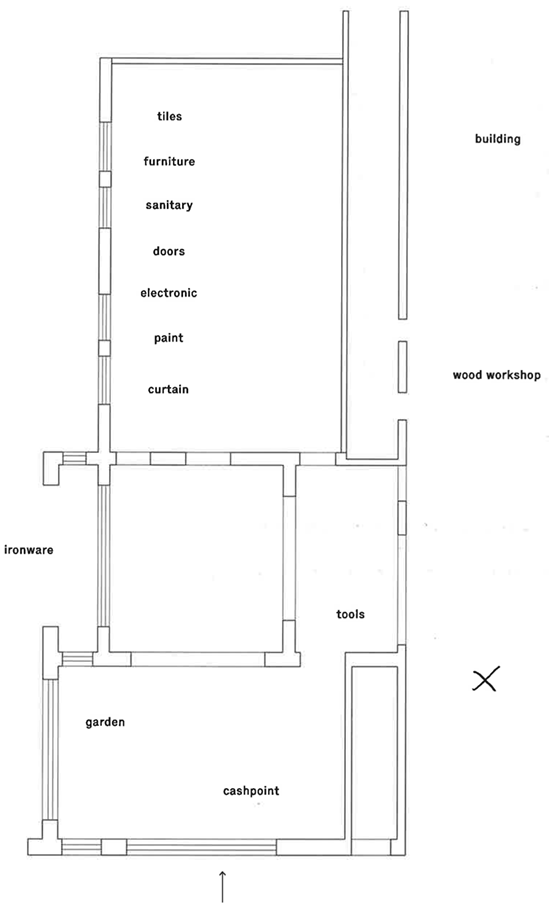
Bergweg 161a
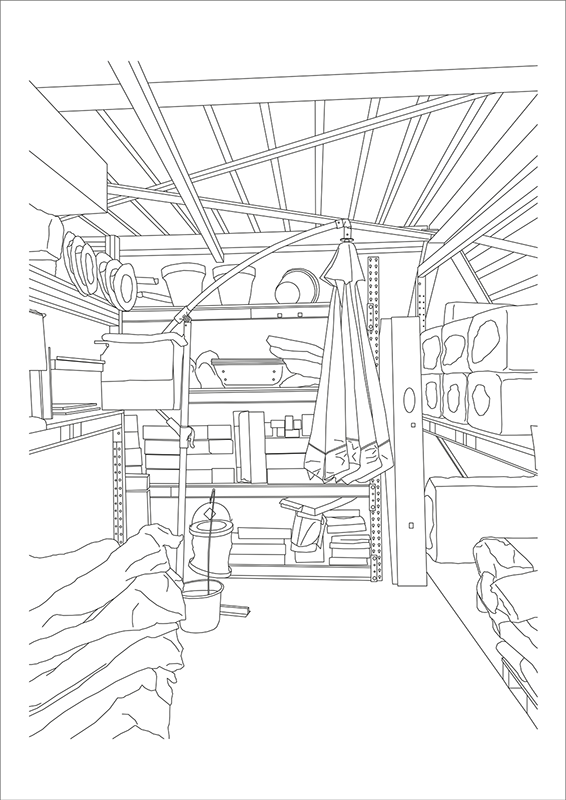
Reports
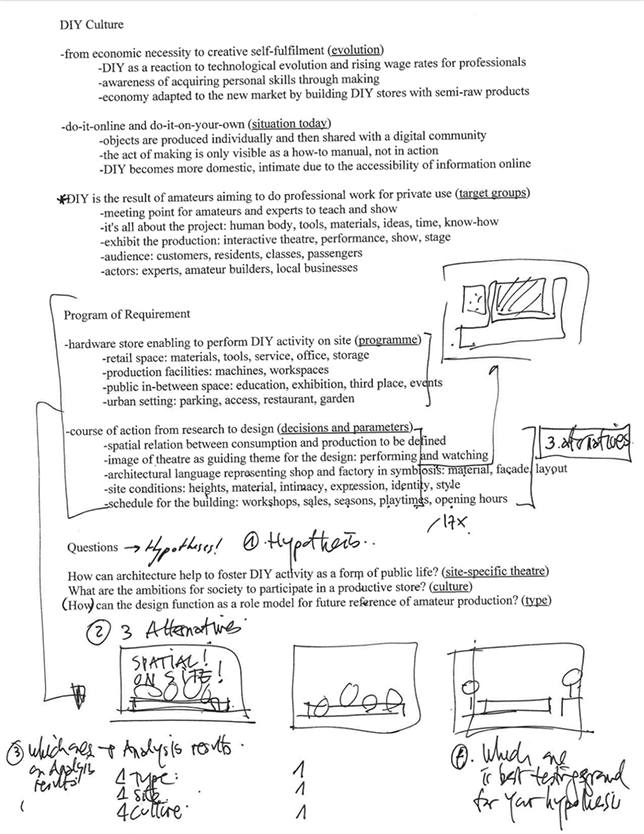
Nikkelstraat 53
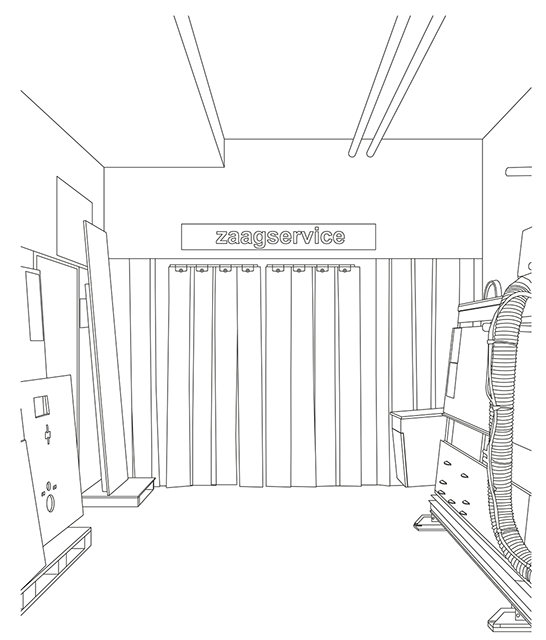
Houtstraat 30
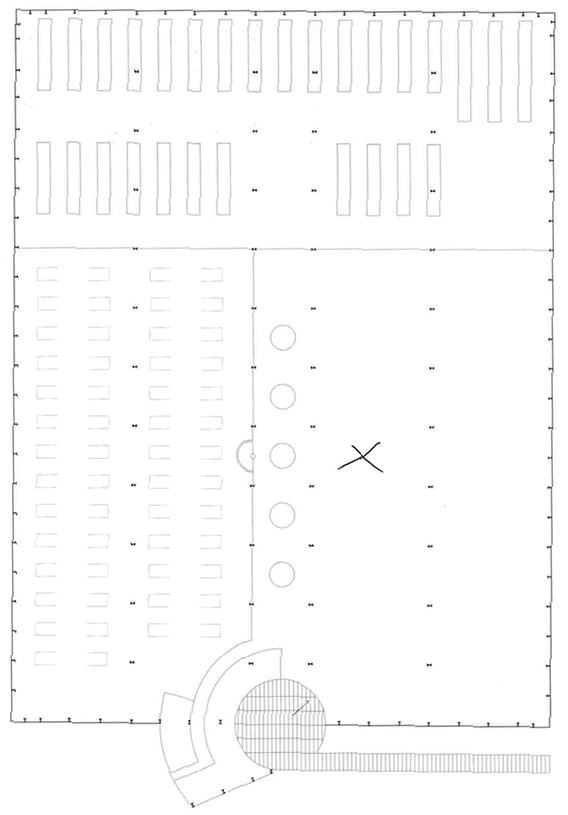
Stadionweg 29

Mariniersweg 106-108
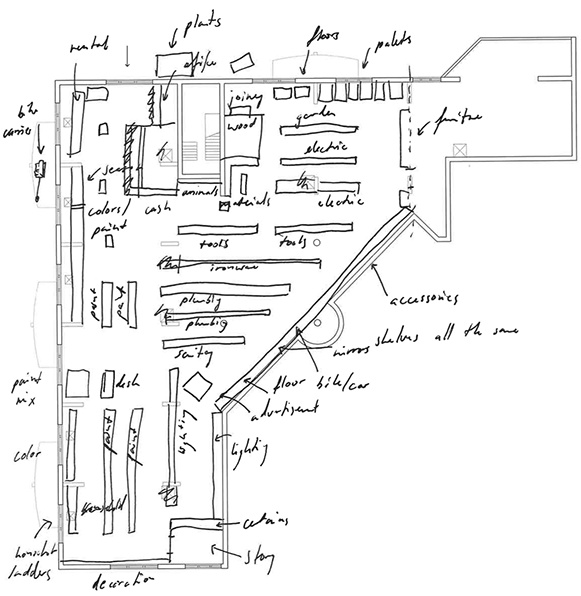
Rijnweg 1
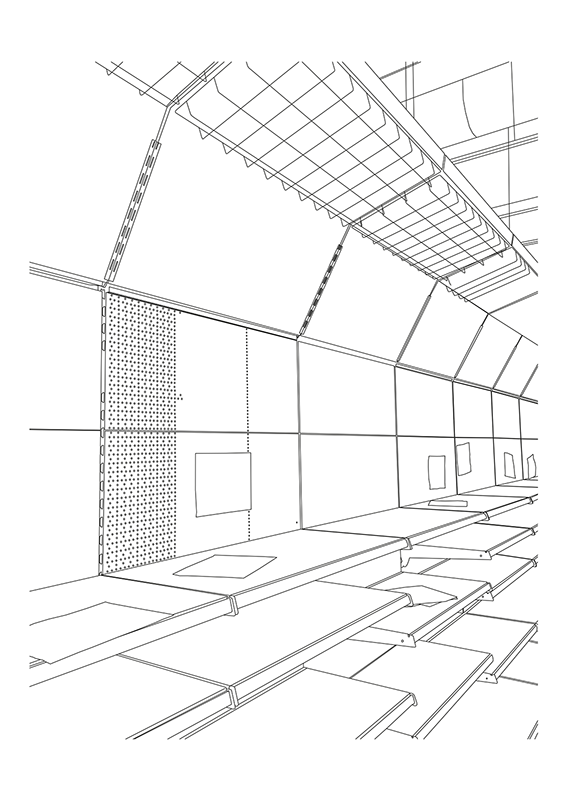
with TU Delft (Chair of Interiors Buildings Cities)
for Future Architecture
Domestic transformation as a form of scheduled events within the construction of routines cannot be viewed apart from its everyday context. In relation to the temporal character of amateur practice it is necessary to show its interaction with competence (how) and project (what), a sensation which proves to be typical of home handymen: the limits of what can be done are extended with every project and motivate to start something new in the practically unknown territory.
When observing an ongoing shift of competences from human to non-human applications, critics argue in favor of a facilitated manner in which the hybridity of a person and a tool is able to function with a symbiotic effect. Improving technology reduces the skill and experience required to do a certain task and simultaneously pursues a range of new possibilities by doing something on your own. The apparently continuous toggling between inspiration (things turning from necessity to choice) and aspiration (satisfaction gained through this process) is an essential tension in the analysis and is found in a variety of empiric studies on DIY practices. As a hypothetical projection to the eventual spatial performance of the project, the distribution of skills among amateurs and professionals, humans and objects, materials and space is used to systematically arrange visual relations resulting in a permanent exhibition of such practice.
The dynamics of consumption are inevitably linked to an effect which enables amateurs to learn by doing (trial and error) as a mental and physical challenge with the self; when motivation and satisfaction function as implicit values for the parallel act of production and consumption. A paradox of the term is the idea that the 'self' is not unconditionally bound to a single human being as a counterpart of society but equally seen as a collective effort striving for the conviction (or need, occasionally) to refrain from professional help and 'do it themselves'. This fascination is monitored as a consequence of questioning fundamental systems of labor division and societal configurations between supply and demand, since DIY (as an extreme scenario happening on all scales) aims to at least blur the line between client and contractor at the end of the production chain.
with TU Delft (Chair of Interiors Buildings Cities)
for Future Architecture
02/17
Rotterdam, Netherlands
